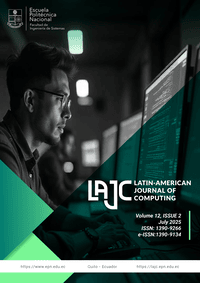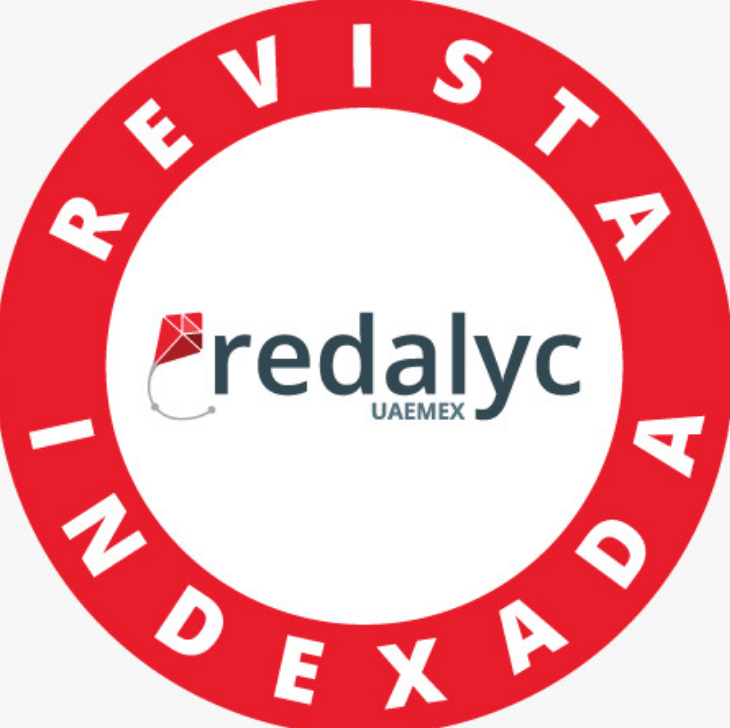Sentiment Analysis on the Social Network “X”, Public Perception of the President of Ecuador, Daniel Noboa (November 2023 - April 2024)
DOI:
https://doi.org/10.33333/lajc.vol12n2.03Keywords:
Sentiment analysis, web scraping, “X”, public perception, Daniel NoboaAbstract
This study examines public opinions and social evaluations regarding the President of Ecuador, Daniel Noboa, on the social network “X” through sentiment analysis techniques. To this end, web scraping was implemented, allowing for the efficient and cost-effective collection of 3177 relevant tweets. Subsequently, a manual labeling process of the emotions reflected in the messages was carried out, aiming to ensure a more rigorous and representative classification of users' sentiments. The results revealed that 79.7% of the tweets were neutral, indicating a lack of a defined stance in most mentions. However, 16.6% of the messages expressed a negative orientation, showing a significant presence of criticism and disapproval toward the president. In contrast, only 3.7% of the tweets reflected a positive attitude, indicating a relatively low level of explicit support. These findings suggest that President Noboa’s image on “X” is predominantly neutral, with a significant tendency toward criticism and limited positive endorsement. The study demonstrates the usefulness of web scraping and sentiment analysis as key tools for evaluating public opinion on social media, providing valuable insights into the sociopolitical dynamics in digital environments.
Downloads
Downloads
Published
Issue
Section
License
Copyright Notice
Authors who publish this journal agree to the following terms:
- Authors retain copyright and grant the journal right of first publication with the work simultaneously licensed under a Creative Commons Attribution-Non-Commercial-Share-Alike 4.0 International 4.0 that allows others to share the work with an acknowledgement of the work's authorship and initial publication in this journal.
- Authors are able to enter into separate, additional contractual arrangements for the non-exclusive distribution of the journal's published version of the work (e.g., post it to an institutional repository or publish it in a book), with an acknowledgement of its initial publication in this journal.
- Authors are permitted and encouraged to post their work online (e.g., in institutional repositories or on their website) prior to and during the submission process, as it can lead to productive exchanges, as well as earlier and greater citation of published work.
Disclaimer
LAJC in no event shall be liable for any direct, indirect, incidental, punitive, or consequential copyright infringement claims related to articles that have been submitted for evaluation, or published in any issue of this journal. Find out more in our Disclaimer Notice.











